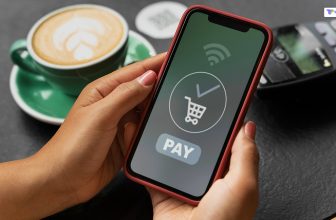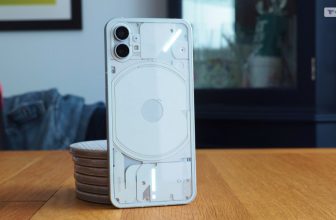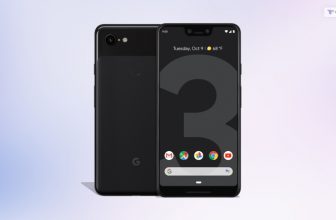
The Difference Between POS and Mobile POS
There are tons of confusing POS terminology out there. The industry is evolving at a fantastic rate, with new features and methods beginning seemingly monthly. Innovation has made remarkable contributions to society in terms of technology but it doesn’t address some confusion. One item of confusion we’ve heard tons of consumers mention is that the difference between POS and mobile phone store POS. And it’s a critical part of the retail solution to know. Without an honest grasp of what you would like and therefore the options you’ve got, buying the proper point of sale system becomes far more difficult.
Point-of-sale
A point-of-sale (POS) may be a broad term on both hardware and software. Traditionally, a POS was the register and tools wanted to accept sorts of payment. While this is often still a part of a POS system, its roles have expanded to several more features. The hardware is the physical piece of POS equipment utilized in facilitating a transaction. For many businesses, this includes several key items like desktop or tablet computer, cash drawer, receipt printer, scanner, and credit card machine.
Mobile Phone Store POS (mPOS)
While to some extent of the sale, POS may be a broad term on the whole solution, an mPOS simply stands for mobile point of sale. These modern mobile solutions are built for tablet use rather than desktop computers. Usually, mPOS systems are linked to traditional transaction peripherals, including Mastercard machines, receipt printers, or scanners.
Mobile point of sale (mPOS) or mobile phone store POS is essentially a mobile version of your point of sale terminal. The difference is that it’s mobile so you’ll easily handle everything in your store without sticking to one place. It’s a cloud technology that has empowered mPOS capacities. Traditionally, all transactional data was stored at the location of the register. The owner or manager would be liable for manually tracking all sales and inventory throughout the day.
Now, of course, POS systems can track everything automatically in real-time. And mPOS solutions make this even easier. On the hardware end of things, mobile POS machines are often run on tablets, allowing you to process a transaction from anywhere on the ground or to open a replacement lane/terminal quickly.
What does it mean?
An mPOS software means you’ll access your store’s data from any internet-connected device from any location. These kinds of solutions make the customer experience easier especially for retail associates to do their jobs and maintain smooth business operations from day-to-day. An mPOS system is built to facilitate fast and secure transactions, first and foremost. But they also allow businesses to scale by providing in-depth software features.
Overall, the mobile POS phone store ecosystem has the merchant, who actually uses the mobile application and therefore the payment card reader to not only accept card payments from their customers but also get customer sales information and upload it within a CRM database solution.
Read also: Retail Point of Sale Software.






